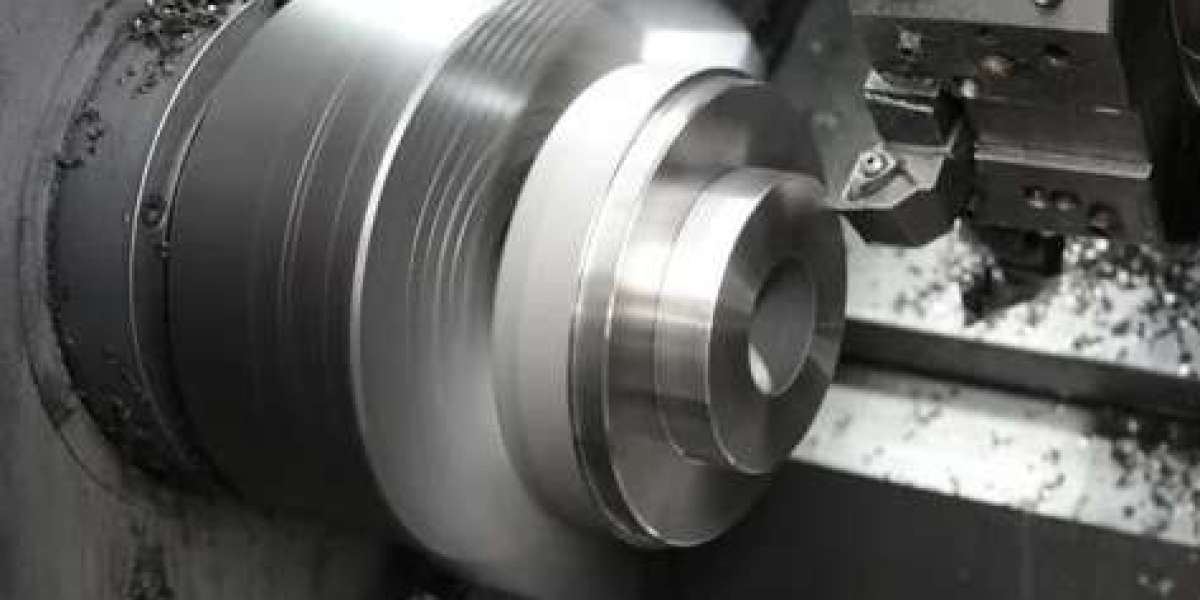Introduction to Medical CNC Machining
Medical CNC machining has revolutionized the healthcare industry by providing high-precision components essential for medical devices, surgical instruments, and implants. As technology advances, the demand for highly accurate and biocompatible parts continues to grow, making CNC machining a critical process in the medical sector.
What is Medical CNC Machining?
Medical CNC machining refers to the use of computer-controlled machines to manufacture intricate and precise medical components. This process involves subtractive manufacturing, where material is removed from a solid block to create the desired shape with micron-level accuracy. The process is widely used in the production of medical tools, prosthetics, and customized implants.
Importance of CNC Machining in the Medical Industry
1. High Precision and Accuracy
Medical applications require components with extreme precision. CNC machines operate with minimal error, ensuring the production of highly accurate medical parts that meet stringent industry standards.
2. Biocompatible Material Utilization
CNC machining supports various biocompatible materials such as titanium, stainless steel, and medical-grade plastics. These materials are crucial for implants and surgical tools to ensure compatibility with the human body.
3. Rapid Prototyping and Customization
Medical CNC machining allows for quick prototyping and the production of custom components tailored to individual patients. This is particularly beneficial in prosthetics and dental implants, where a perfect fit is necessary.
4. Cost-Effective and Scalable Production
With automated precision and minimal waste, CNC machining is a cost-effective solution for producing medical parts in large volumes. The process is highly scalable, making it suitable for both small batches and mass production.
Applications of CNC Machining in the Medical Field
1. Surgical Instruments
Medical CNC machining is used to produce surgical tools such as forceps, scalpels, and clamps. These instruments require high precision and durability to withstand repeated sterilization and use.
2. Orthopedic Implants
CNC machining plays a crucial role in manufacturing orthopedic implants like knee and hip replacements. These implants need to be durable, lightweight, and precisely crafted to ensure long-term functionality.
3. Dental Components
From crowns and bridges to orthodontic appliances, CNC machining ensures precise and customized dental components. The ability to manufacture patient-specific parts enhances treatment success rates.
4. Medical Device Components
CNC machining is essential for producing parts for diagnostic machines, imaging devices, and laboratory equipment. Precision in these components ensures accurate diagnoses and efficient medical procedures.
Materials Used in Medical CNC Machining
1. Titanium
Titanium is a preferred material for implants due to its strength, lightweight properties, and biocompatibility. It integrates well with human bone, making it ideal for orthopedic and dental implants.
2. Stainless Steel
Stainless steel is widely used for surgical instruments and medical devices because of its corrosion resistance and durability.
3. Medical-Grade Plastics
Materials like PEEK (Polyether Ether Ketone) and PTFE (Polytetrafluoroethylene) are used for various medical applications due to their lightweight nature and biocompatibility.
Challenges in Medical CNC Machining
1. Strict Regulatory Compliance
Medical components must meet stringent FDA and ISO regulations. Ensuring compliance adds complexity to the manufacturing process.
2. High Production Costs
While CNC machining is cost-effective in the long run, the initial investment in high-precision machines and material costs can be expensive.
3. Maintaining Precision in Complex Designs
The intricate designs of medical components require advanced CNC programming and high-quality machining to maintain precision and functionality.
Future of Medical CNC Machining
With advancements in automation, AI integration, and 5-axis CNC machining, the future of medical CNC machining looks promising. The ability to manufacture even more complex and patient-specific medical components will continue to enhance healthcare outcomes.
Conclusion
Medical CNC machining is an indispensable part of modern healthcare, providing precise, durable, and biocompatible components for various medical applications. As technology progresses, CNC machining will further drive innovation in the medical field, improving patient care and treatment efficiency.








